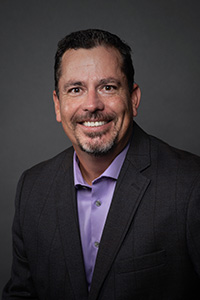The Pre-Health Professional Curriculum
The Biology Biomedical and Health Science Major includes courses to meet the requirement for a Bachelor of Science degree in Biology, as well as prepare the student for a career in many areas of biomedical research or Graduate/Professional School. Pre-med, pre-dental, pre-physical therapy, pre-physician assistant etc. are not majors on their own.
Click the link above to view suggested course curricula for all of the pre-health professions listed on this page.
Pre-requisites
The courses listed above are the pre-requisite courses required by most professional schools in a particular field. Your primary advice regarding courses and preparation for future careers should be obtained from your faculty advisor. Advisors are equipped to give suggestions as to selection and sequence of courses that will match your abilities and interests. However, advisors will give advice, but the final responsibility for proper course selection and completion of graduation requirements rests with you.
Grades
A high GPA is important if you are to be a competitive applicant for a health professions program. It is important to get off to a good start, and to learn/adopt good, strong study habits right away. If you run into trouble, there are many resources available on campus to help you, and you should seek them early on and not wait until failure of a class. Having said that, GPA is not the only thing that professional schools consider when examining an application for admission, but it is an important consideration. The professional schools have to be convinced you are capable of success in their harder, faster curriculum.
Other Skills
Skills such as writing and speaking clearly, leadership experience, problem solving ability, good judgment, listening and teamwork are also critical for working in the health fields. In addition, volunteering shows commitment to humanity and to the community. Shadowing is of great value in exploring a field and determining if you are suitable for a particular profession, and professional schools will look for this experience in making sure you understand that career path.
Involvement
The Pre-Health Professions students at River Falls have active clubs and welcome new members to join. They can be found on the OrgSync Web site, or look for their bulletin boards on the 4th floor of AgSci. These clubs can be a wealth of information and experiences.












